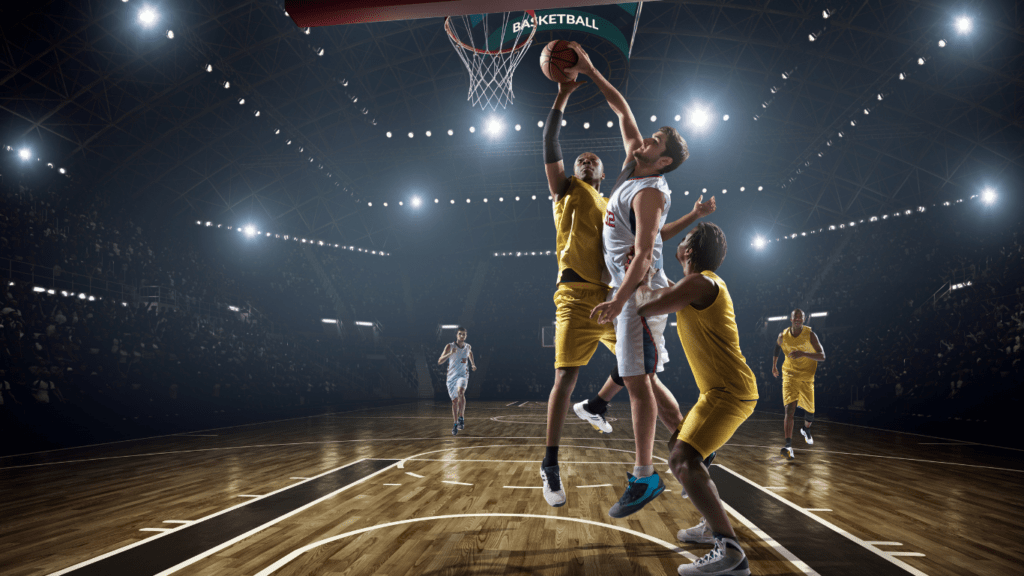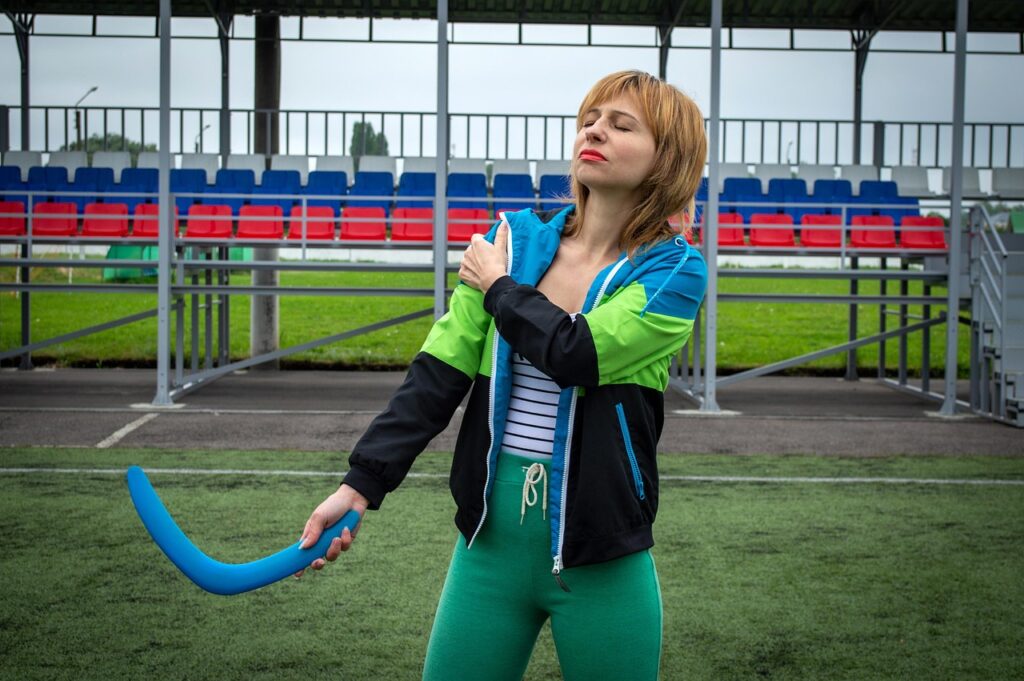As an athlete, I’ve learned that success isn’t just about physical strength or skill—it’s just as much about mental toughness. The ability to stay focused under pressure, bounce back from setbacks, and maintain confidence can make or break performance. Mental training isn’t a luxury; it’s a game-changer.
Importance Of Mental Training In Sports
Mental training plays a central role in enhancing athletic performance. It equips athletes with strategies to handle pressure, maintain focus during competition, and recover from setbacks. Without a strong mental foundation, even the most physically skilled individuals may underperform in high-stress scenarios.
Improving decision-making under pressure is another key factor. Athletes frequently face split-second choices, and mental training sharpens cognitive agility, enabling faster, more accurate responses. For example, a basketball player deciding whether to pass or shoot depends on maintaining calm and clarity amid chaos.
Consistency in peak performance is linked to mental resilience. Training the mind helps athletes stay composed and confident, preventing performance dips due to self-doubt or external distractions. This consistency is particularly important during rigorous competitive schedules.
Developing stress management techniques is crucial. Athletes encounter intense physical and mental stress, and methods like visualization and mindfulness reduce performance anxiety. For instance, using visualization before a game allows athletes to mentally rehearse success, building confidence before actual performance.
Mental training also fosters long-term athletic growth. Achieving sustained success requires adaptability to overcome challenges, including injuries, losses, or skill plateaus. Strengthening mental fortitude supports perseverance through these difficulties, ensuring continued progression in an athlete’s career.
Techniques To Sharpen Focus
Enhancing focus requires deliberate practices that strengthen mental clarity and concentration. These techniques help athletes perform consistently, even under challenging conditions.
Visualization And Mental Imagery
I rely on visualization to mentally rehearse specific scenarios before competitions. By vividly imagining successful performances, I enhance confidence and prepare for various situations I might encounter. Mental imagery activates neural pathways, improving motor response and decision-making. For instance, a basketball player visualizing free throws increases accuracy under pressure.
Mindfulness Practices
Practicing mindfulness nurtures present-moment awareness, reducing distractions during performance. I incorporate exercises like mindful breathing and body scans to improve focus. These techniques help manage stress by re-centering attention, especially during high-pressure moments. A sprinter can stay composed by focusing on controlled breathing while waiting at the starting blocks.
Goal Setting And Prioritization
Establishing clear, actionable goals strengthens focus by aligning effort with specific outcomes. I use short-term and long-term objectives to guide training and competition strategies. By prioritizing tasks, I avoid becoming overwhelmed. For example, a marathon runner might prioritize improving endurance in one training phase and speed in the next, keeping progression structured and measurable.
Building Resilience In Athletes
Resilience allows athletes to recover quickly from challenges and maintain peak performance. By addressing setbacks, fostering a growth mindset, and employing stress management techniques, athletes can build mental strength to thrive under pressure.
Overcoming Setbacks
Overcoming setbacks involves viewing challenges as opportunities for growth. I encourage athletes to analyze their performance after each setback, identifying areas for improvement. Tracking specific lessons, like refining technique or adjusting strategy, helps transform failures into valuable learning moments. For example, a runner recovering from injury might focus on enhancing rehabilitation exercises to avoid future issues. Keeping a positive perspective facilitates faster emotional recovery and renewed focus toward goals.
Developing A Growth Mindset
Developing a growth mindset prioritizes progress over perfection. I recommend focusing on effort, persistence, and learning rather than fixed outcomes. Athletes can reframe challenges as experiences that develop new skills or strength. For instance, practicing advanced drills even during difficult phases cultivates perseverance. Setting incremental goals reinforces continual improvement, ensuring consistent motivation and adaptability throughout varied performance conditions.
Stress Management Strategies
Stress management reduces the impact of performance anxiety and enhances resilience. I integrate techniques like regulated breathing, progressive muscle relaxation, and mindfulness meditation to promote calmness before and during competitions. Visualization exercises, such as imagining successful execution of routines, prepare the mind for confidence under pressure. Athletes also benefit from structured recovery periods to recharge mentally and physically, preventing burnout and sustaining long-term performance potential.
Benefits Of Mental Training For Athletes

Mental training provides athletes with tools to enhance performance by improving focus, resilience, and decision-making. It’s essential for maintaining peak performance during competition and adapting to challenges.
1. Enhanced Focus During Competition
Mental training strengthens concentration, reducing the impact of external distractions. By practicing mindfulness and visualization, athletes retain composure, even during high-pressure moments. For example, visualization can help swimmers focus on their strokes rather than competitors.
2. Improved Stress Management
Stress management techniques, such as controlled breathing and mental imagery, lower anxiety levels during competition. These methods enable athletes to channel nervous energy into productive performance. For instance, basketball players might use deep breathing to stay calm before free throws.
3. Increased Resilience
Resilience improves an athlete’s ability to recover from setbacks. By fostering a growth mindset, athletes view mistakes as learning opportunities, not failures. After losing a match, they may analyze errors to adjust strategies for future success.
4. Better Decision-Making Under Pressure
Mental training sharpens an athlete’s ability to make quick, effective decisions in stressful situations. For instance, football quarterbacks practice mental simulations to read defensive plays swiftly during games.
5. Consistent Performance Over Time
A strong mental framework promotes consistency by reinforcing confidence and composure. Athletes who train mentally are less prone to performance fluctuations caused by self-doubt or external pressures.
6. Long-Term Athletic Growth
By integrating mental training with physical preparation, athletes build both short-term success and long-term endurance. This approach helps them overcome skill plateaus while maintaining motivation and focus throughout their careers.
Real-Life Examples Of Mental Training Success
Mental training has transformed the careers of countless athletes across various sports, demonstrating its effectiveness in sharpening focus and building resilience.
1. Michael Phelps – Visualization for Consistent Performance
Michael Phelps, the most decorated Olympian in history, used visualization techniques extensively during his training. He mentally rehearsed races, picturing every detail, including potential challenges such as goggles malfunctioning. This preparation enabled him to remain calm and perform at his peak, even under high-pressure situations like the 2008 Beijing Olympics when his goggles filled with water during a race.
2. Simone Biles – Mindfulness to Manage Stress
Simone Biles, one of the greatest gymnasts, credits mindfulness and mental health practices for her resilience. After withdrawing from events at the Tokyo 2020 Olympics due to stress and mental health concerns, she highlighted the importance of prioritizing her mental training. Her use of mental techniques helped her return to competition and secure a bronze medal on the balance beam.
3. LeBron James – Meditation to Enhance Focus
LeBron James incorporates meditation into his daily routine to maintain focus and reduce stress. Known for his consistency and ability to make significant plays in critical moments, LeBron’s mental training practices have played a key role in his longevity and success in professional basketball.
4. Naomi Osaka – Stress Management for Mental Resilience
Tennis champion Naomi Osaka openly advocates for mental health awareness and employs stress management techniques to sustain her performance. By taking deliberate breaks and using mindfulness practices, she has managed to reset mentally and continue competing at the highest level.
5. Tom Brady – Goal Setting for Long-Term Success
NFL quarterback Tom Brady has emphasized goal setting as central to his success. He establishes clear objectives for every season, adapting his mental and physical training to align with those goals. This approach has contributed significantly to his record-breaking career longevity and multiple Super Bowl victories.
These examples underline the powerful impact of mental training on athletic performance, proving its effectiveness in overcoming challenges and achieving excellence.



 Lead Training Analyst
Lead Training Analyst
